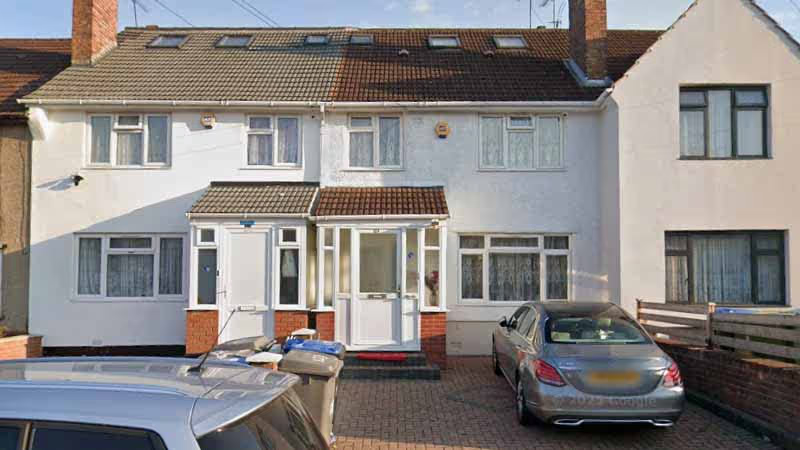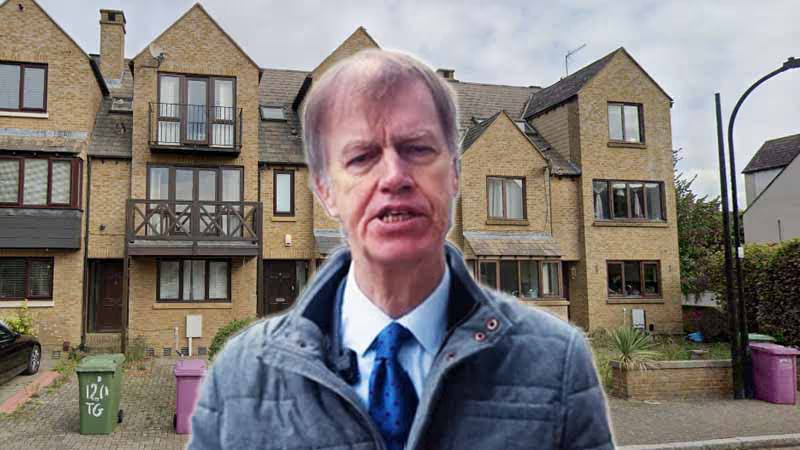Holiday let owners are being unfairly scapegoated in the guise of controlling rising house prices and availability, according to one holiday rental agency.
Ahead of the rumoured £300 million tax raid on short lets by Chancellor Jeremy Hunt in tomorrow’s Budget, Ben Edgar Spier, head of regulation and policy at Sykes Holiday Cottages, says holiday let owners are already under pressure from high mortgage rates and energy prices at a time of price sensitivity for visitors.
“Squeezing them will not solve the housing crisis but will stifle the very businesses that support tourism spend and employment in communities across the country,” he argues.
Spier points to other factors affecting housing supply and prices such as the UK’s slow homebuilding rates over successive decades.
500,000 jobs
A report commissioned by Oxford Economics found that short-term lets contributed more than £27.7 billion to the UK economy in 2021 and supported at least 500,000 jobs among local residents, he adds. “It’s illogical to penalise short-term let businesses over those with empty second homes when you consider the benefits tourism brings to local economies throughout the UK.
“There are nearly 1.4 million vacant homes in England, according to ONS figures – nearly 16 times more than holiday lets – and more than 100,000 in Wales. It makes more sense to tax these vacant buildings or underused second homes, which both contribute very little.
"A tax such as this would also encourage people to either sell empty second homes or let them.”
Holiday letting benefits from favourable tax treatment such as being able to claim capital allowances on part of the purchase price paid for the property or the development costs to build or refurbish it.
Unlike long-term rental properties, when holiday let owners sell, they can claim certain Capital Gains Tax reliefs such as Business Asset Disposal Relief.















.avif)
.avif)


















Comments